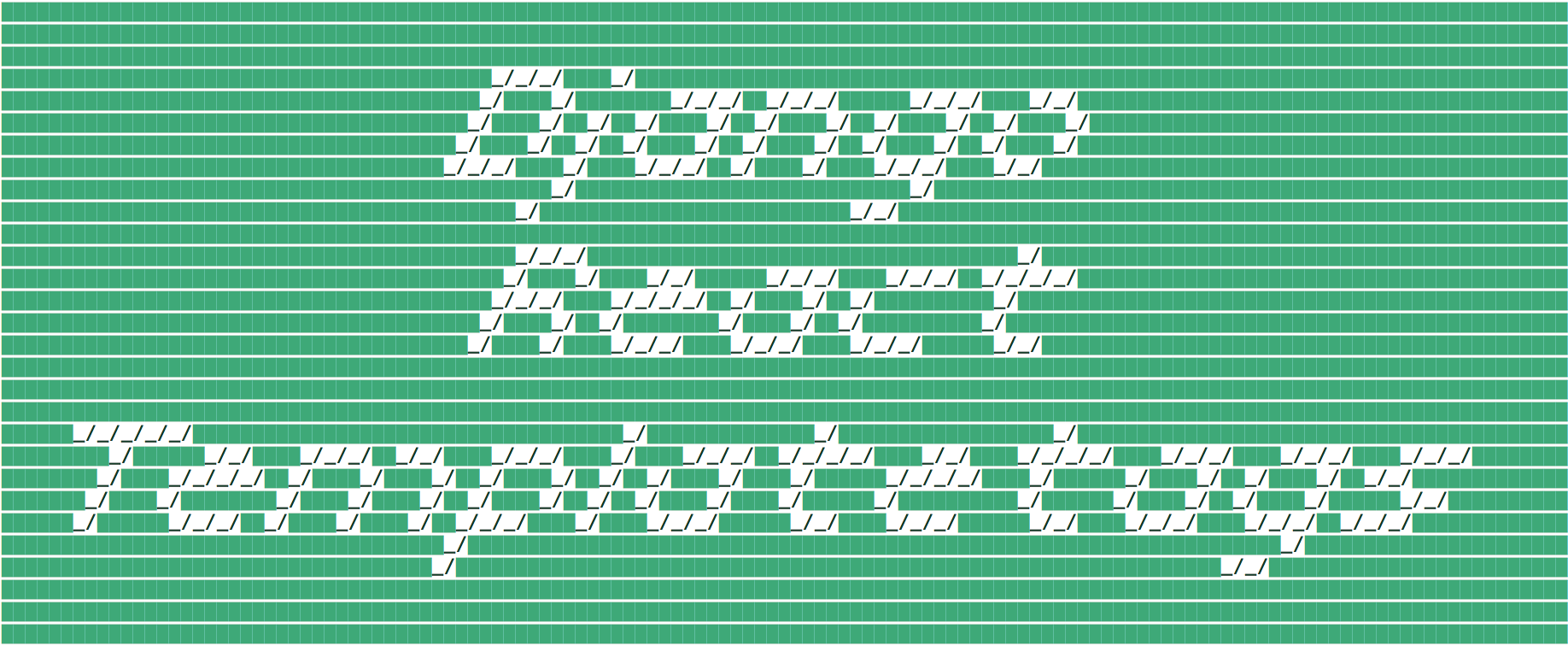


Django-React-Templatetags
This django library allows you to add React (16+) components into your django templates.
Features
- Include react components using django templatetags
- Unlimited amount of components in one view
- Support custom models (that is from the beginning not json-serializable)
- Server side rendering with Hypernova or Hastur
Installation
Install the library with pip:
$ pip install django_react_templatetags
Where to go from here?
You should first read Getting started, then go through these topics:
Tests
This library include tests, just run python runtests.py
You can also run separate test cases: python runtests.py tests.test_filters.ReactIncludeComponentTest
Coverage
Make sure you have Coverage.py installed, then run coverage run runtests.py to measure coverage. We are currently at 95%.
Contributing
Want to contribute? Awesome. Just send a pull request.
Security
If you believe you have found a security issue with any of our projects please email us at security@frojd.se.
License
Django-React-Templatetags is released under the MIT License.




